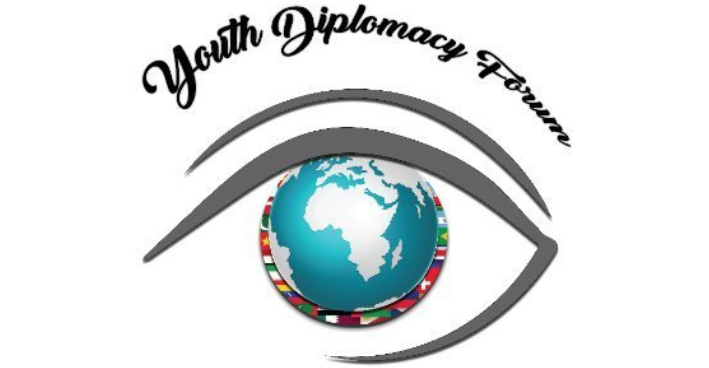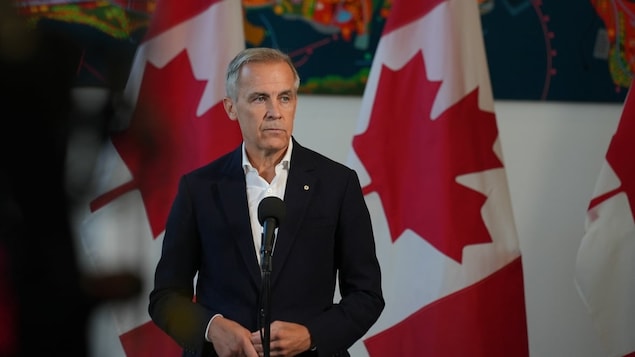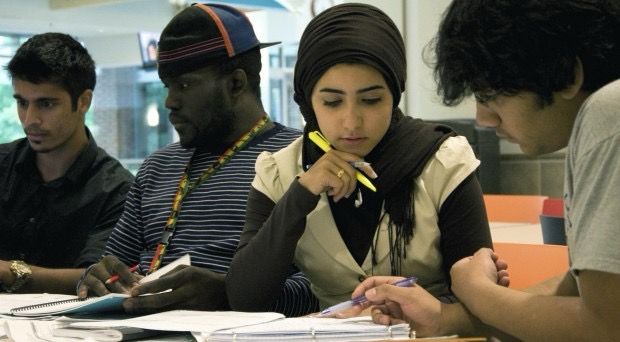Japan and Nuclear waster:
The International Atomic Energy Agency (IAEA) has set certain Standard Operating Procedure (SOPs) to dispose-off the nuclear waste and containment water which must be followed and implemented in true spirits by all the countries. Japan is signatory of the IAEA’s different protocols and accords every country abides by these vital rules which are meant for collective security and stability.
Maritime Security and Japan:
It seems that Japan has not been following the true standards of the IAEA in disposing-off the nuclear contaminated water. In this regards, many regional countries and especially the foreign ministry of China called for immediate international attention about this which would be disaster for “maritime security”, “blue economy”, “oceanography”, “bio-diversity”, “climate change” and last but not least, chances of “radiations” would be further increased in the region and beyond. Thus Japan should behave properly and act in a responsible manner.
It fears that Japan’s “self-centric” and “irresponsible” approach in this regard would potentially harm “human health” and violates the human rights of all peoples, including their rights to life and qualitative health.
It is suggested that to maintain and secure a better environment and ecological balance and the safety and security of the common people living in the region Japan must dispose-off the nuclear-contaminated water in a responsible manner.
Fukushima Nuclear Plant:
Even many Pacific island as well as other regional countries, regional NGOs and mass media outlets showed their serious concerns about Japanese unwise decision to release water from the destroyed Fukushima nuclear plant into the sea.
In this connection, these countries and organizations have been very vocal about this critical issue for the last so many years and termed it as the “gravest issue” about the dumping of the radioactive water. Even “Japanese fishermen” and fishing organizations showed fierce resistance and sparked similar protests from neighboring countries including China, South Korea and other Pacific islands.
The Fukushima Daiichi nuclear station, about 220 km (130 miles) northeast of Tokyo, was badly damaged by a magnitude 9.0 earthquake and tsunami in March 2011, sparking three reactor meltdowns.
Read More about Fukishima Daiichi Accident: https://world-nuclear.org/information-library/safety-and-security/safety-of-plants/fukushima-daiichi-accident.aspx
More than 1 million tones of water used to cool reactors in the aftermath of the disaster, enough to fill about 500 Olympic-sized swimming pools, is being stored in huge tanks at the plant.
Nuclear regulators:
Ironically, Japan has upheld that nuclear regulators have deemed it safe to release the water, which will be filtered to remove most isotopes although it will still contain traces of tritium, an isotope of hydrogen hard to separate from water. However, it seems “biased”, not “transparent” and “unscientific” too.
The 17-bloc Pacific Island Forum, which includes Micronesia, last month urged Japan to delay the release over fears fisheries would be contaminated.
Most recently, China’s foreign minister raised the issue of the water release with his Japanese counterpart in talks.
“China and the international community are seriously concerned about Japan’s unilateral decision to discharge nuclear-polluted water into the sea, and hope that Japan will effectively handle it in an open, transparent, scientific and safe manner,” China said.
Again China called on Japan to ensure “full consultation” with neighboring countries as it looks to move ahead with a controversial plan to dump nuclear wastewater into the sea.
“Japan must not go ahead with its discharge plan of nuclear-contaminated water before going through full consultation with neighboring countries and other stakeholders, as well as relevant international organizations,” said Wang Wenbin, spokesman for China’s Foreign Ministry, at a news conference in Beijing.
Tokyo said Friday it will start releasing treated water from the crippled Fukushima nuclear in this spring or summer.
Japan unveiled the plan in April 2021, triggering massive criticism from China, South Korea, North Korea, the island nation of Taiwan, and international bodies including the UN.
The US support to Japan:
As usual, the US, has backed the Japanese proposal, which came after years of talks on how to get rid of more than 1 million tons of water accumulated at the Fukushima nuclear complex since its meltdown after a massive earthquake and tsunami in March 2011.
Japan has pledged $600 million in funds for local fishing communities that have also voiced opposition to the move.
IAEA assessment:
The International Atomic Energy Agency (IAEA) has conducted an assessment of the Japanese government’s proposal and is expected to release a comprehensive report very soon.
The IAEA has also pledged to provide support before, during, and after the entire discharge process.
Conclusion:
To conclude, the International Atomic Energy Agency (IAEA) Task Force visited Japan to review the disposal of nuclear-contaminated water from the Fukushima Daiichi nuclear power station and the relevant report will be published within three months.
However, the Japanese government “unilaterally” announced on January 13 that it will start discharging nuclear-contaminated water into the ocean around spring or summer this year which is very “shocking” and “disturbing” for all the regional countries because it would badly damage “quality of sea water”, “pollute the coastal areas”, “produce strains on the growth of fishes” and other blue species.
Nevertheless, China is closely following Japan’s disposal of nuclear-contaminated water from the Fukushima Daiichi nuclear power station. It supports the IAEA and its Task Force in reviewing and assessing the disposal plan, and hopes the Task Force will carry out its work in an objective, just and science-based way and strictly implement the IAEA nuclear safety standards in order to ensure absolute safety of the disposal of the nuclear-contaminated water. We look forward to the report of the Task Force and will take a close look at the report.
Read More about Japan and the Asia Pacific Contestation: https://youthdiplomacyforum.com/2023/01/27/japan-and-the-asia-pacific-contestation/
The regional countries and international community should “urge” Japan to provide “appropriate” scientific and factual proof to support the validity of its plan. Till now it has not “addressed” the international community’s concerns over the legitimacy of the discharge plan, the reliability of data, the efficacy of the treatment system and the uncertainty of environmental impact.
In this context, last year’s review reports by the IAEA Task Force show that Japan’s discharge plan is not fully consistent with the IAEA safety standards.
It fears that such “willful behavior” of Japan would create a regional “security risk” for all the regional countries which should be properly consulted, cooperated and coordinated before its disposal in the sea.
In this regard, Japan should take all possible measures to honor the legitimate concerns of all stakeholders and regional countries to dispose-off the nuclear-contaminated water in a “science-based”, “open”, “transparent” and “safe manner”.
It should be implemented under strict monitoring so that the marine environment and the health rights and interests of all the countries must be protected. Hopefully, Japan would not start discharging nuclear-contaminated water into the ocean before having full consultation with neighboring countries and other stakeholders as well as relevant international agencies.
The government of Japan and its policy makers should respect the serious concerns of all the neighboring countries because humans are “sacred” and should not be “scared”.
The nature, environment, bio-diversity, maritime security and last but not least, blue economy should not be scapegoated in any irresponsible act from the Japan. It must realize the spillover repercussions of this reckless act.
This article is written by Dr Mehmood Ul Hassan Khan. He is Executive Director at The Center for South Asia & International Studies (CSAIS) Islamabad
Regional Expert: China, CPEC & BRI
Senior Analyst: Defense, World Affairs, Pakistan Observer












